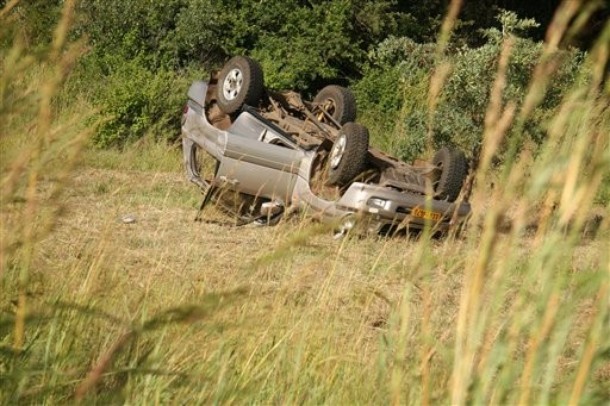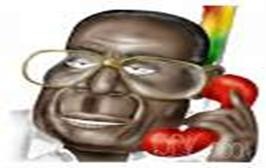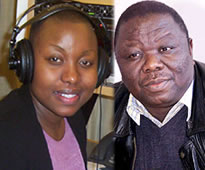Is Mugabe misunderstood or a despot gone worse?
The West has imposed and maintained sanctions against Zimbabwe for reasons other than the land redistribution programme being unfair to their own. Besides, President Robert Mugabe is not a dictator, argues HARRISON KINYANJUI
IS THERE ANOTHER SIDE TO THE crisis facing Zimbabwean President Robert Mugabe? Is he a victim of a Western conspiracy or villain gone out of control? It would appear there is a little of both, but the besieged and increasingly paranoid head of state is not doing himself any favours by ruthlessly clamping down on the opposition.
Yahoo! Answers - Got a question? Someone out there knows the answer. Try it now.
















No comments:
Post a Comment